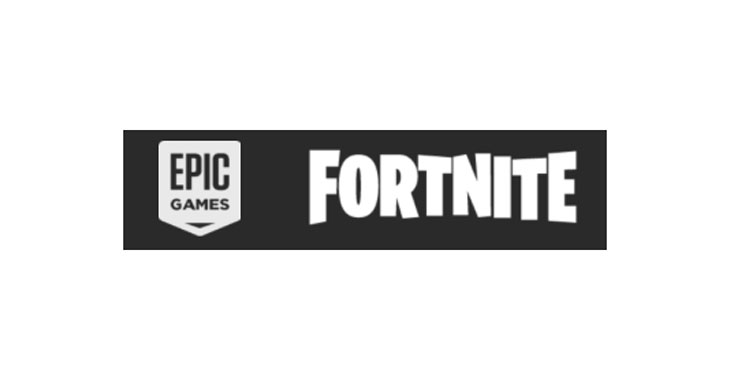
Fortnite Save the World
February 2020: A federal judge dismissed the complaint for failure to state a claim. Click here to read the court order.
July 2019: This case was transferred from a court in California to one in North Carolina. (Case No. 19-cv-325, E.D.N.C.)
February 2019: A class-action lawsuit was filed against Epic Games, Inc. for allegedly using deceptive marketing tactics in the video game Fortnite Save the World to entice players – including minors – to purchase loot boxes by representing that the boxes contain valuable loot (e.g., in-game item schematics, heroes, and survivors) when, according to plaintiffs, the boxes almost never have the represented loot and the game does not tell players that the odds of getting valuable loot are “next to nothing.” (R.A. et al v. Epic Games, Inc., Case No. 19-cv-1488, C.D. Cal.)
For more of TINA.org’s coverage of Fortnite, click here.
Class-Action Tracker


Loot Boxes in Fortnite and Rocket League
Allegations: Making misleading representations in Fortnite and Rocket League

Fortnite Battle Royale

Sony’s Marketing of Fortnite and other Games
The Latest

CATrends: Loot Boxes in Video Games
Class-action trend likens purchasing loot boxes in video games to pulling a lever on a slot machine.